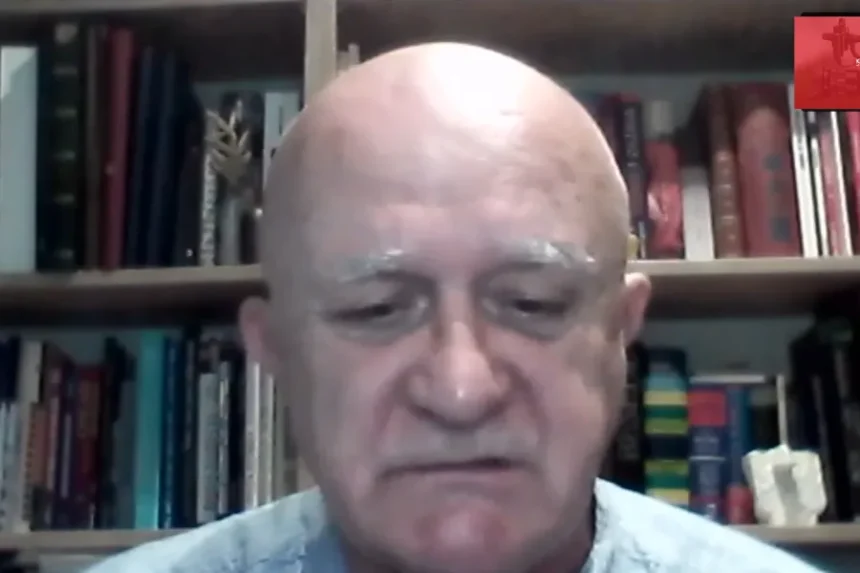Serbia is experiencing a dangerous escalation in its security situation, which Serbian analyst Dušan Janjić describes as “military oppression” against citizens. In an interview with KosovaPress, Janjić claimed that police, prosecutors, and other institutions are acting in favor of President Aleksandar Vučić’s loyalists, including paramilitary groups linked to crime and drug trafficking.
The crisis intensified after the November 1, 2024, Novi Sad tragedy, when a train station roof collapsed, killing 16 people and sparking protests led by students against corruption and institutional failures. For more than 10 months, citizens have continued to protest, while Vučić’s regime reportedly uses open violence to suppress dissent.
Escalation of Violence
Janjić highlighted recent events, including attacks by supporters of the Serbian Progressive Party on protesters in Backa Palanka and Vrbas, calling it a shift from police suppression to what he terms “military oppression.”
He noted that among Vučić’s so-called loyalists are paramilitaries involved in criminal activity and drug trafficking, contributing to a deep security crisis where the president appears to act as a partisan leader rather than a national head of state.
Regional Stability at Risk
Janjić warned that the current situation in Serbia could have consequences beyond its borders, posing a serious threat to regional security due to potential clashes between citizens and state-aligned forces, as well as the possibility of broader violence.
Political Paradoxes
Despite the violent suppression of protests, Vučić recently announced he would not run in the next presidential elections, claiming he is “not a dictator.” Janjić described this as another paradox of Vučić’s political approach, pointing to the Serbian List’s changing stance on local elections in northern Kosovo as a further example of political inconsistency.







